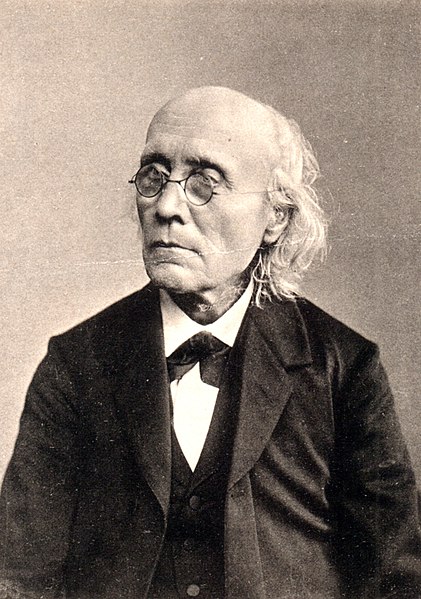Infinite photos and videos for every Wiki article ·
Find something interesting to watch in seconds
Celebrities
Countries of the World
Great Artists
Largest Palaces
History by Country
Richest US Counties
Supercars
Orders and Medals
Great Cities
Ancient Marvels
Great Museums
Best Campuses
Wonders of Nature
Famous Castles
Crown Jewels
Kings of France
Presidents
World Banknotes
Rare Coins
Wars and Battles
Animals
Sports
Tallest Buildings
British Monarchs
Recovered Treasures
Largest Empires
more top lists




